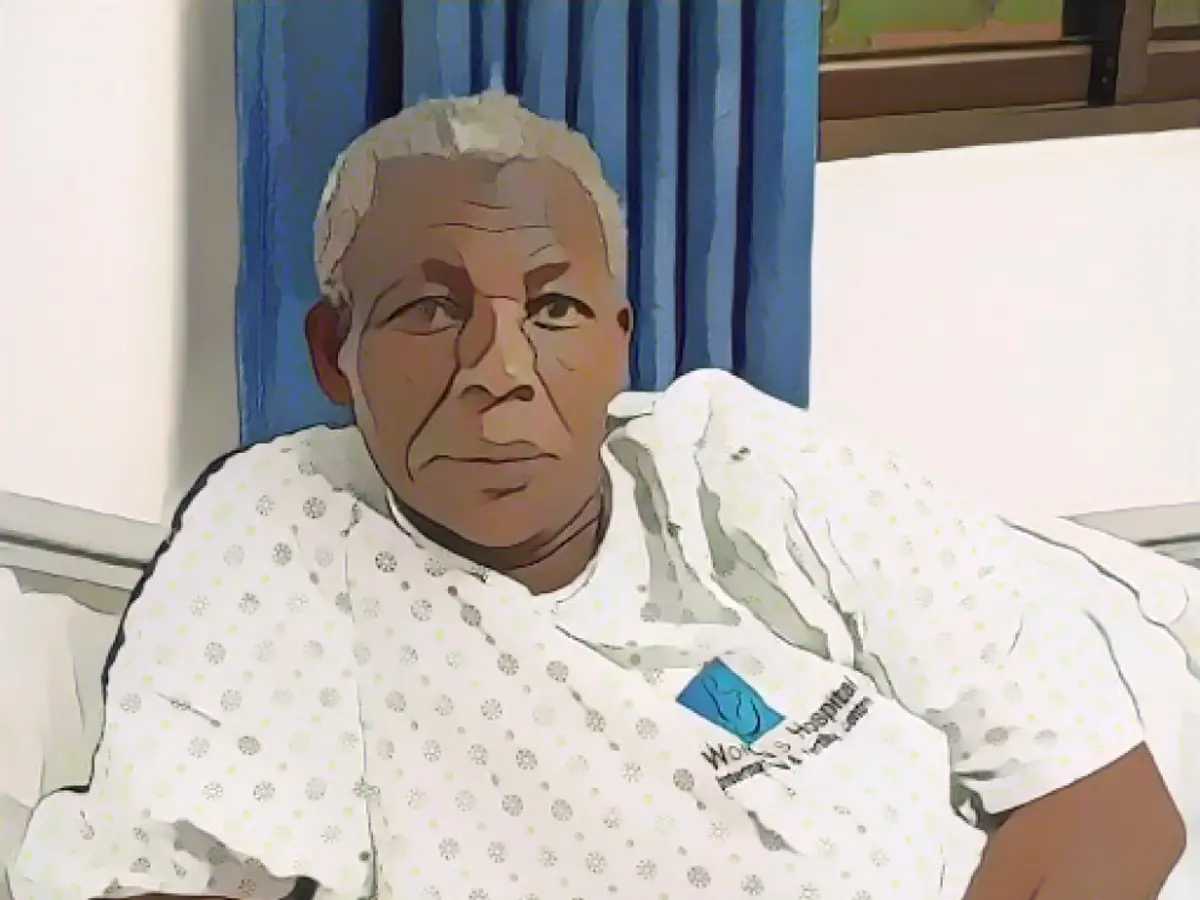In the heart of Uganda, a 70-year-old phenomenal woman named Safina Namukwaya has made headlines globally. This remarkable lady recently welcomed twin bundles of joy – a boy and a girl – making her the oldest mother in Africa. Dr. Edward Tamale Sali, a medical professional who attended to Namukwaya during her pregnancy and delivery, confirmed the news in a recent press briefing. The miraculous birth took place at a clinic in the capital city of Kampala, where the expectant mother underwent fertility treatment. Both mother and the newborns are in fine health.
Namukwaya shared that she had already given birth to a baby girl in 2020, a major turnaround in her life after years of being perceived as a cursed woman due to her initial struggle to conceive. The global community was amazed by this incredible story, unaware that the mother, Safina Namukwaya, hails from Uganda. Despite facing societal difficulties stemming from her past struggle to bear children, Namukwaya overcame odds by seeking assistance at a fertility clinic in Kampala, leading to the birth of her second daughter and new twins.
It's noteworthy to mention that assisted fertility treatments, such as the use of donor eggs in in vitro fertilization (IVF), have become increasingly popular among older women worldwide, including in Africa. This trend allows women who have experienced diminished egg quality and quantity to pursue their dreams of starting or expanding families, minimizing the emotional and physical strain of multiple unsuccessful IVF cycles.
Navigating such a decision involves considering various factors such as emotional well-being, cultural and societal norms, and the accessibility and affordability of healthcare services. While specific data on the prevalence of the use of donor eggs in African countries is limited, the trend globally points towards an increase in the adoption of these treatments to address age-related infertility.
In conclusion, Safina Namukwaya's inspiring story serves as a testament to perseverance and hope. Despite societal barriers, she was able to overcome her challenges and ultimately fulfilled her dream of motherhood. This powerful narrative, accompanied by the increasing acceptance and utilization of assisted fertility treatments among older women, highlights the human capacity to overcome adversity and society's evolving approach to reproductive healthcare.







